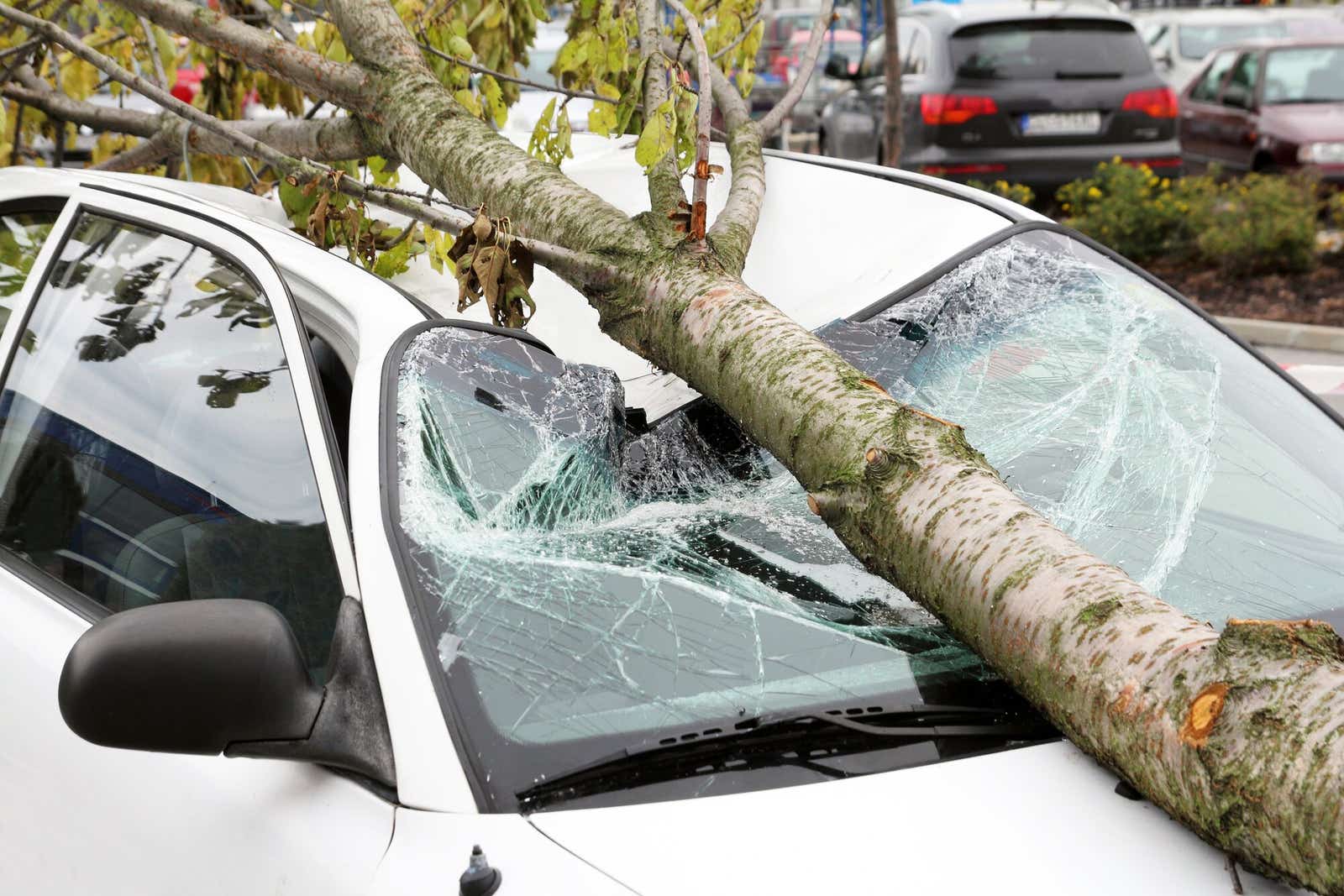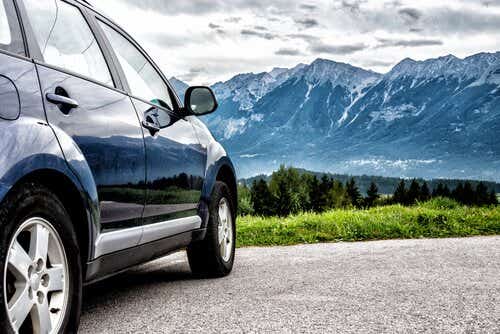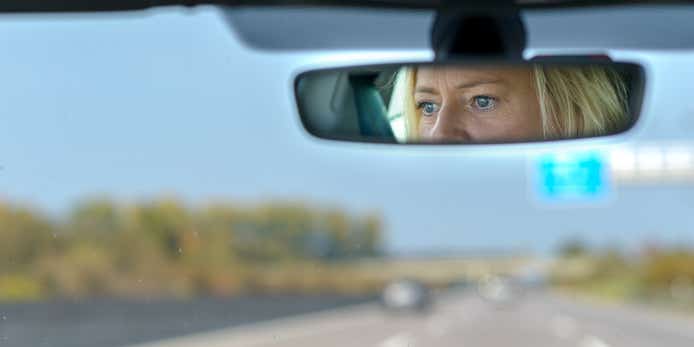Get a car insurance quote
See a range of car insurance quotes in just a few minutes when you compare with Uswitch
What is storm damage?
Storm damage covers harm to your vehicle caused by extreme weather. Common examples include:
- Flooding: Heavy rainfall or rising water can damage your car’s interior, electrical systems, or engine.
- Hailstones: Hail can dent your car and even break windows.
- Fallen trees or branches: High winds can knock down trees, leading to significant damage.
- Flying debris: Debris carried by strong winds can cause scratches or dents.
Most comprehensive car insurance policies include storm damage coverage, but it’s a good idea to double-check your policy.
Does car insurance cover storm damage?
Comprehensive car insurance usually covers storm damage, but if you only have third-party or third-party, fire, and theft coverage, storm damage is unlikely to be included.
Always review your policy documents or contact your insurer directly to confirm what is covered. Some policies may exclude:
- Damage that existed before the storm
- Normal wear and tear
- Claims that are below the policy excess
What to do immediately after storm damage
Acting promptly after storm damage can help make your claims process smoother. Here are some steps you might want to consider following:
1. Stay safe
Your safety comes first. Avoid any risks, such as approaching your vehicle if it’s near fallen power lines or submerged in water.
2. Document the damage
Take clear photos and videos of the damage from various angles. This evidence may help support your insurance claim.
3. Prevent further damage
If it’s safe to do so, take measures to prevent more damage. For example, cover broken windows with plastic to stop rain from getting inside.
4. Don’t attempt major repairs
Leave significant repairs to professionals. Your insurer may need to inspect the damage before approving any work.
How to make a claim for storm damage
Here’s how to file a claim with your insurer:
1. Contact your insurer
Call your insurance company or use their online claims system. Provide your policy number and details about the storm damage.
2. Submit evidence
Send in the photos, videos, and any other supporting documentation. This can speed up the claims process.
3. Get a repair estimate
Your insurer may direct you to an approved repair center for an estimate or send someone to assess the damage.
4. Wait for approval
Once your insurer has reviewed your claim, they’ll either arrange for repairs or reimburse you if you’ve already had the work done.
5. Pay your excess
You’ll usually need to pay the excess specified in your policy before your insurer covers the remaining repair costs.
Tips for a smooth claim process
- Understand your policy: Make sure you know what’s covered and the amount of your excess.
- Act quickly: Report the damage promptly to avoid delays.
- Keep everything documented: Save all emails and correspondence with your insurer.
- Be honest: Provide accurate information about the damage
Preventing storm damage
While storms are unavoidable, there are steps you can take to reduce the risk of damage:
- Park indoors: If possible, park in a garage or under a sturdy shelter.
- Avoid flood zones: Don’t park in low-lying areas prone to flooding.
- Secure loose items: Remove or secure roof boxes and anything around your car that could become airborne.
Storm damage can be frustrating, but with comprehensive car insurance and by following the right steps, you can make the process of claiming much easier. Don’t wait for bad weather to catch you off guard—check your policy now and ensure you’re covered.
Get a car insurance quote
See a range of car insurance quotes in just a few minutes when you compare with Uswitch




